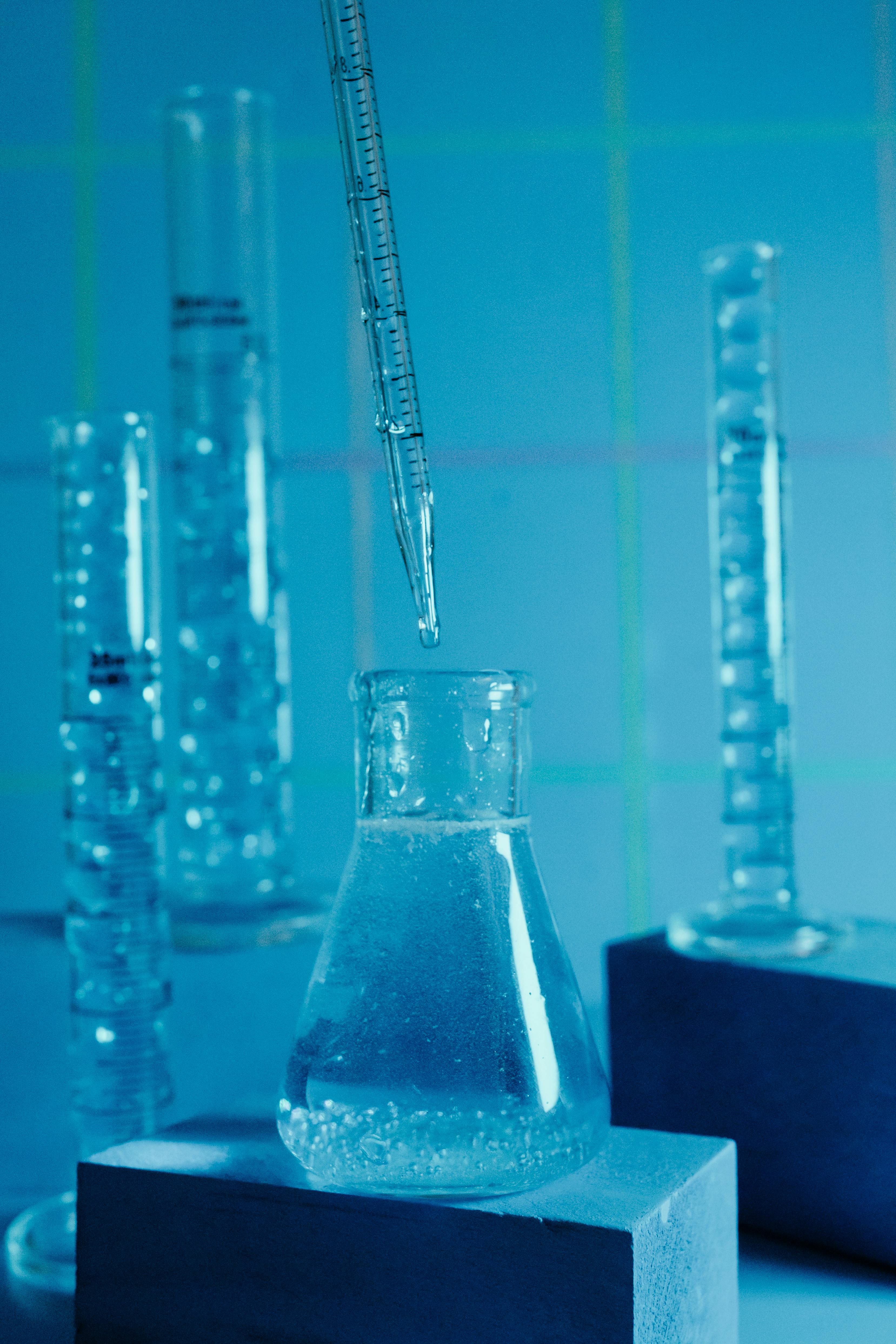Water Quality Analysis
The Water Quality Analysis Course is a skill-based, interdisciplinary program designed to equip students with the knowledge and practical experience required to assess the physical, chemical, and biological quality of water. Participants will learn how to test for key parameters such as pH, turbidity, hardness, dissolved oxygen (DO), biological oxygen demand (BOD), and microbial contaminants using standard laboratory methods. The course also emphasizes the interpretation of data in accordance with national and international water quality standards. It aims to create awareness about water pollution, promote safe water practices, and empower students to contribute to sustainable environmental management.
The Water Quality Analysis Course is a skill-based, interdisciplinary program designed to equip students with the knowledge and practical experience required to assess the physical, chemical, and biological quality of water. Participants will learn how to test for key parameters such as pH, turbidity, hardness, dissolved oxygen (DO), biological oxygen demand (BOD), and microbial contaminants using standard laboratory methods. The course also emphasizes the interpretation of data in accordance with national and international water quality standards. It aims to create awareness about water pollution, promote safe water practices, and empower students to contribute to sustainable environmental management.
The Water Quality Analysis Course is an interdisciplinary and application-oriented certification program aimed at providing students with a comprehensive understanding of water quality monitoring and assessment. With growing environmental concerns and increasing demand for safe and clean water, this course addresses the need for trained individuals who can evaluate water quality using scientific and standardized approaches.
The course begins with an introduction to various sources of water, types of pollutants, and their impact on human health and aquatic ecosystems. Participants are introduced to national (BIS) and international (WHO) standards for drinking water and wastewater. Emphasis is placed on understanding the significance of various physical parameters (like temperature, turbidity, pH, electrical conductivity), chemical parameters (like total dissolved solids, hardness, alkalinity, BOD, COD, nitrates, chlorides, heavy metals), and biological parameters (such as coliform count and microbial presence).
Students will be trained in sampling techniques, preservation of water samples, and instrumental analysis methods such as spectrophotometry, pH metry, titration techniques, and microbial culture methods. The course also includes hands-on laboratory sessions to enhance practical skills and data interpretation abilities.
By the end of the course, students will be able to:
- Conduct complete water quality assessments.
- Interpret results in relation to regulatory standards.
- Understand pollution sources and their environmental impact.
- Apply knowledge in real-world contexts such as drinking water safety, wastewater management, industrial discharge monitoring, and rural water system assessments.
This course is ideal for undergraduate science students, environmental enthusiasts, aspiring environmental scientists, or professionals working in the water or sanitation sectors. Successful completion of the course will prepare participants for further studies or employment in environmental monitoring, public health, or water management sectors.

- Module 1: Introduction to Water Quality FREE Unlimited
- Module 2: Physical and Chemical Parameters of Water Unlimited
- Module 3: Microbiological Testing of Water Unlimited
- Module 4: Sampling and Analytical Techniques Unlimited
- Module 5: Data Interpretation and Reporting Unlimited
